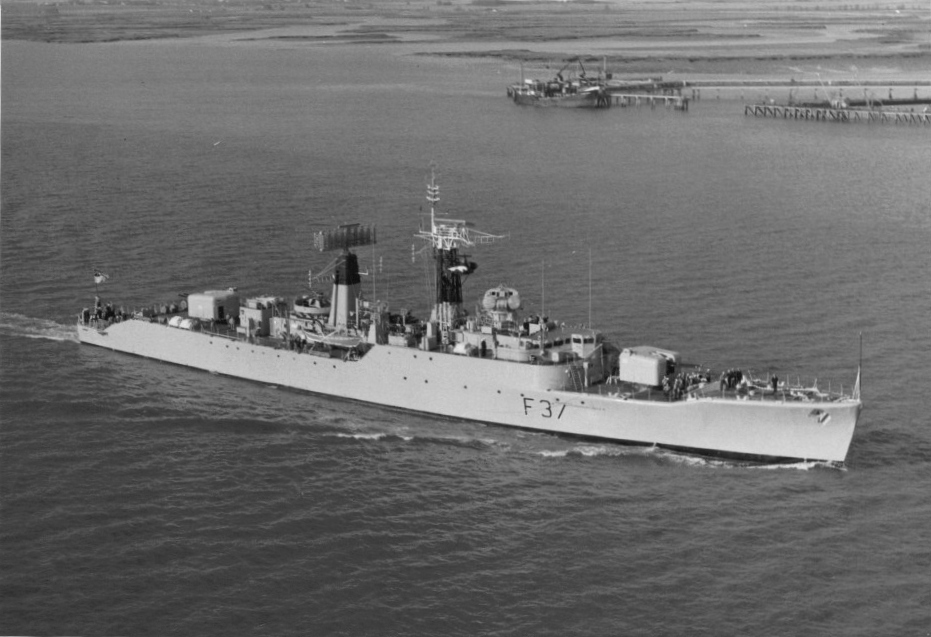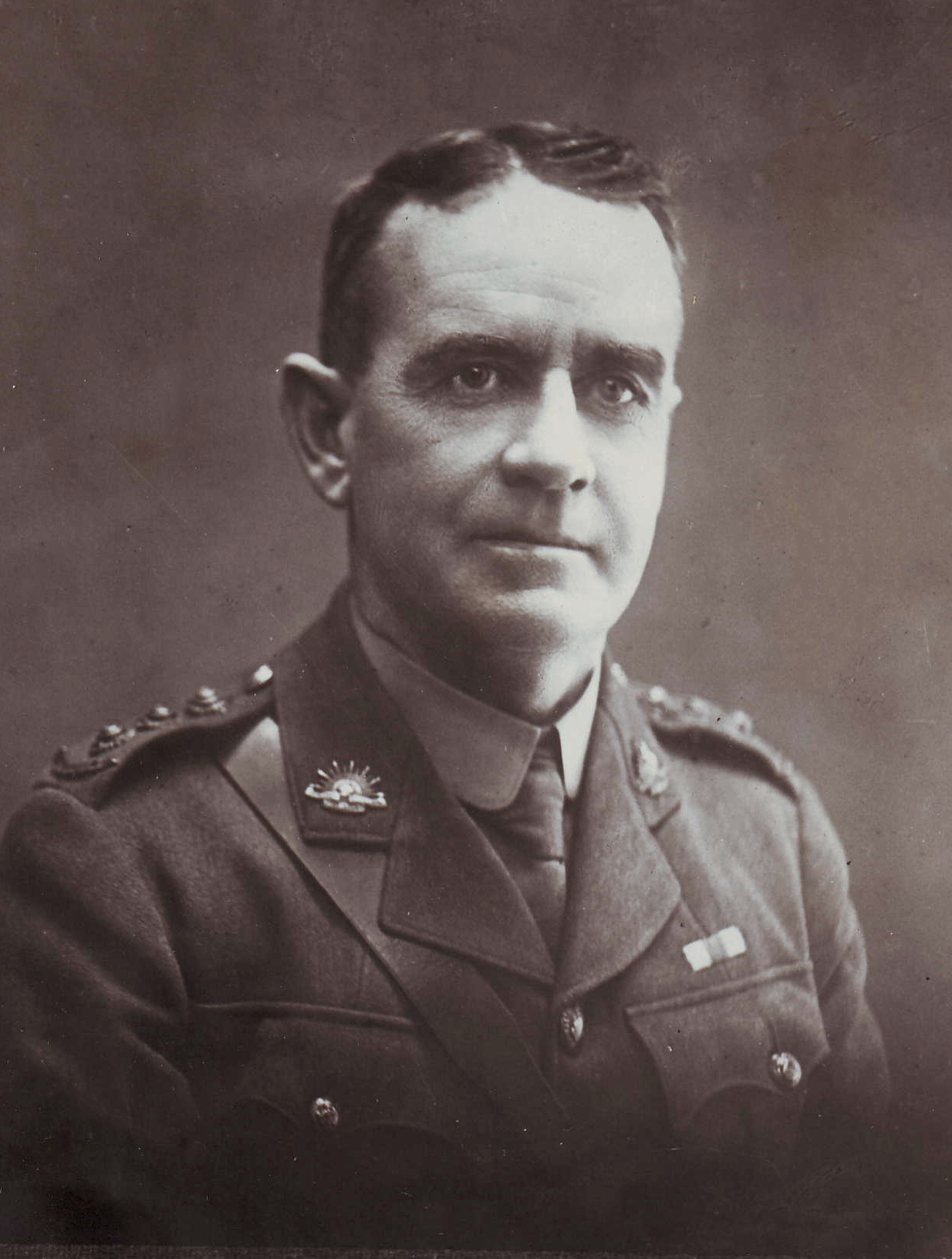|
William Denny
William Denny may refer to: * William Denny (MP) (1578–1625), English lawyer and politician * William Denny, deputy governor of the Province of Pennsylvania, 1756-1759 * William Denny Jr. (born 1930), American politician in the Mississippi House of Representatives * William Denny and Brothers William Denny and Brothers Limited, often referred to simply as Denny, was a Scotland, Scottish shipbuilder, shipbuilding company. History The shipbuilding interests of the Denny family date back to William Denny (born 1779), for whom ships a ..., British shipbuilder based in Dumbarton, Scotland * William Alexander Denny or Bill Denny (medical researcher) (born 1943), New Zealand chemist * William F. Denny (c. 1860–1908), American vaudeville performer and pioneer recording artist * William H. P. Denny (1811–1890), American newspaper editor and publisher and politician in Ohio * William Joseph Denny or Bill Denny (1872–1946), South Australian politician See also * William ... [...More Info...] [...Related Items...] OR: [Wikipedia] [Google] [Baidu] |
William Denny (MP)
Sir William Denny (c. 1578 – 26 March 1642) was an English lawyer and politician who sat in the House of Commons between 1621 and 1625. Denny was born at Beccles, Suffolk the son of John Denny, a yeoman. He was at school at Beccles under Mr Darley and was admitted at Caius College, Cambridge on 26 October 1594 aged 16. He was a scholar in 1596 and was admitted at Gray's Inn in 1598. He became Steward of Norwich in 1618. In 1621, he was elected Member of Parliament for Norwich. He became an Ancient of his Inn in 1622. In 1624 he was re-elected MP for Norwich and was re-elected again in 1625. In 1625 he became autumn reader. He was knighted on 31 October 1627 and became King's Counsel. He was Recorder from 1629 to 1642. Denny died at the age of about 64 and was buried in Norwich Cathedral Norwich Cathedral, formally the Cathedral Church of the Holy and Undivided Trinity, is a Church of England cathedral in the city of Norwich, Norfolk, England. The cathedral is the seat ... [...More Info...] [...Related Items...] OR: [Wikipedia] [Google] [Baidu] |
List Of Colonial Governors Of Pennsylvania
This is a list of colonial governors of Pennsylvania. Proprietors Three generations of Penns acted as proprietors of the Province of Pennsylvania and the Lower Counties (Delaware) from the founding of the colony until the American Revolution removed them from power and property. William Penn was granted the new proprietary colony in 1681 by Charles II of England in payment for debts owed to Penn's father. After Penn became ill in 1712, his second wife Hannah Callowhill Penn served as acting proprietor. After William's death in 1718, interest in the proprietorship passed to his three sons by Hannah: John Penn "the American", Thomas Penn, and Richard Penn, Sr., with John inheriting the largest share and becoming the chief proprietor. When John died without children, his brother Thomas inherited his share and became chief proprietor. When Richard Penn, Sr. died, his share passed to his son Governor John Penn. When Thomas Penn died, his share (and the chief proprietorship) ... [...More Info...] [...Related Items...] OR: [Wikipedia] [Google] [Baidu] |
Province Of Pennsylvania
The Province of Pennsylvania, also known as the Pennsylvania Colony, was a British North American colony founded by William Penn, who received the land through a grant from Charles II of England in 1681. The name Pennsylvania was derived from Latin, meaning "Penn's Woods", a reference to William Penn's father Admiral Sir William Penn. History European settlement The Province of Pennsylvania was one of two major Restoration colonies in colonial-era British America. A plan for government of the colony of Pennsylvania was heavily influenced by the ideas and utopian aspirations of English political scientist James Harrington. The proprietary colony's charter remained in the Penn family until the Penns were ousted in 1776 during the American Revolutionary War, and the Commonwealth of Pennsylvania was established as one of the original thirteen states. In June 1776, the Lower counties on the Delaware, a separate colony within the Province of Pennsylvania, broke away from ... [...More Info...] [...Related Items...] OR: [Wikipedia] [Google] [Baidu] |
William Denny Jr
William is a masculine given name of Germanic origin. It became popular in England after the Norman conquest in 1066,All Things William"Meaning & Origin of the Name"/ref> and remained so throughout the Middle Ages and into the modern era. It is sometimes abbreviated "Wm." Shortened familiar versions in English include Will or Wil, Wills, Willy, Willie, Bill, Billie, and Billy. A common Irish form is Liam. Scottish diminutives include Wull, Willie or Wullie (as in Oor Wullie). Female forms include Willa, Willemina, Wilma and Wilhelmina. Etymology William is related to the German given name ''Wilhelm''. Both ultimately descend from Proto-Germanic ''*Wiljahelmaz'', with a direct cognate also in the Old Norse name ''Vilhjalmr'' and a West Germanic borrowing into Medieval Latin ''Willelmus''. The Proto-Germanic name is a compound of *''wiljô'' "will, wish, desire" and *''helmaz'' "helm, helmet".Hanks, Hardcastle and Hodges, ''Oxford Dictionary of First Names'', Oxford Univers ... [...More Info...] [...Related Items...] OR: [Wikipedia] [Google] [Baidu] |
William Denny And Brothers
William Denny and Brothers Limited, often referred to simply as Denny, was a Scotland, Scottish shipbuilder, shipbuilding company. History The shipbuilding interests of the Denny family date back to William Denny (born 1779), for whom ships are recorded being built in Dumbarton as far back as 1811 such as the sailing sloop ''Alpha''. By 1823 the company name had changed to William Denny & Son. The first ship it built under this name was the paddle steamer ''Superb''. From 1845 the company became Denny Brothers (this being William jnr, Alexander and Peter Denny, Peter), and in 1849 the firm was reconstituted as William Denny & Brothers, this being William, James and Peter Denny. Although the Denny yard was situated near the junction of the River Clyde and the River Leven, Dunbartonshire, River Leven, the yard was on the Leven. The founder developed the company's interests in ship owning and operation with interests in the British & Burmese Steam Navigation Company, the Irrawadd ... [...More Info...] [...Related Items...] OR: [Wikipedia] [Google] [Baidu] |
Bill Denny (medical Researcher)
Sir William Alexander Denny (born 5 August 1943) is a New Zealand medicinal chemist, noted for his work investigating drugs for the treatment of cancer. Early life and education Denny was born in Malvern, Worcestershire Malvern (, locally also: ) is a spa town and Civil parishes in England, civil parish in Worcestershire, England. It lies at the foot of the Malvern Hills, a designated Area of Outstanding Natural Beauty. The centre of Malvern, Great Malvern, is ..., England, on 5 August 1943. His parents were Norah May () and Alexander William Denny. The family emigrated to New Zealand in 1946. He received his education at Patumahoe Primary School and Te Awamutu College where he was Dux (education), dux in 1961. At the University of Auckland, he obtained a Bachelor of Science in 1966, a Master of Science in 1967, a Doctor of Philosophy in 1969, and a Doctor of Science in 1986. He had an ICI (Imperial Chemical Industries) post-doctoral fellowship at University of Oxford, Oxf ... [...More Info...] [...Related Items...] OR: [Wikipedia] [Google] [Baidu] |
William F
William is a masculine given name of Germanic languages, Germanic origin. It became popular in England after the Norman Conquest, Norman conquest in 1066,All Things William"Meaning & Origin of the Name"/ref> and remained so throughout the Middle Ages and into the modern era. It is sometimes abbreviated "Wm." Shortened familiar versions in English include Will (given name), Will or Wil, Wills, Willy, Willie, Bill (given name), Bill, Billie (given name), Billie, and Billy (name), Billy. A common Irish people, Irish form is Liam. Scottish people, Scottish diminutives include Wull, Willie or Wullie (as in Oor Wullie). Female forms include Willa, Willemina, Wilma (given name), Wilma and Wilhelmina (given name), Wilhelmina. Etymology William is related to the German language, German given name ''Wilhelm''. Both ultimately descend from Proto-Germanic ''*Wiljahelmaz'', with a direct cognate also in the Old Norse name ''Vilhjalmr'' and a West Germanic borrowing into Medieval Latin ''Wil ... [...More Info...] [...Related Items...] OR: [Wikipedia] [Google] [Baidu] |
William H
William is a masculine given name of Germanic origin. It became popular in England after the Norman conquest in 1066,All Things William"Meaning & Origin of the Name"/ref> and remained so throughout the Middle Ages and into the modern era. It is sometimes abbreviated "Wm." Shortened familiar versions in English include Will or Wil, Wills, Willy, Willie, Bill, Billie, and Billy. A common Irish form is Liam. Scottish diminutives include Wull, Willie or Wullie (as in Oor Wullie). Female forms include Willa, Willemina, Wilma and Wilhelmina. Etymology William is related to the German given name ''Wilhelm''. Both ultimately descend from Proto-Germanic ''*Wiljahelmaz'', with a direct cognate also in the Old Norse name ''Vilhjalmr'' and a West Germanic borrowing into Medieval Latin ''Willelmus''. The Proto-Germanic name is a compound of *''wiljô'' "will, wish, desire" and *''helmaz'' "helm, helmet".Hanks, Hardcastle and Hodges, ''Oxford Dictionary of First Names'', Oxfor ... [...More Info...] [...Related Items...] OR: [Wikipedia] [Google] [Baidu] |
Bill Denny
William Joseph Denny (6 December 1872 – 2 May 1946) was an Australian journalist, lawyer, politician and decorated soldier who held the South Australian House of Assembly seats of West Adelaide from 1900 to 1902 and then Adelaide from 1902 to 1905 and again from 1906 to 1933. After an unsuccessful candidacy as a United Labor Party (ULP) member in 1899, he was elected as an "independent liberal" in a by-election in 1900. He was re-elected in 1902, but defeated in 1905. The following year, he was elected as a ULP candidate, and retained his seat for that party (the Australian Labor Party from 1917) until 1931. Along with the rest of the cabinet, he was ejected from the Australian Labor Party in 1931, and was a member of the Parliamentary Labor Party until his electoral defeat at the hands of a Lang Labor Party candidate in 1933. Denny served as Attorney-General of South Australia and Minister for the Northern Territory in the government led by John Verran (1910–12) ... [...More Info...] [...Related Items...] OR: [Wikipedia] [Google] [Baidu] |

